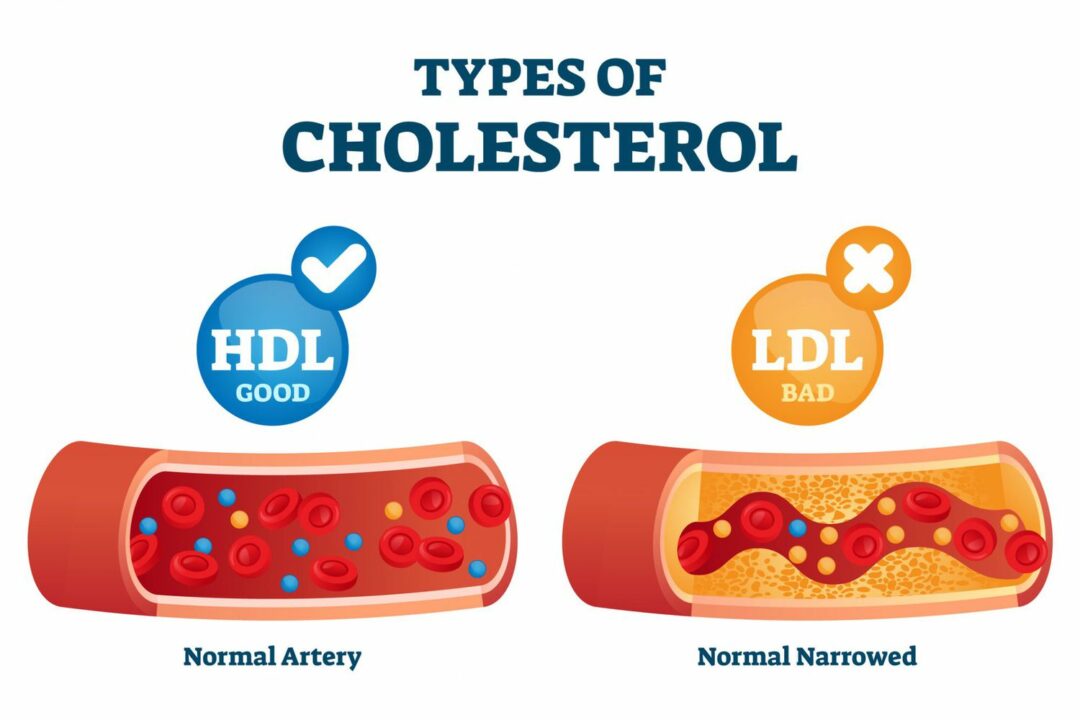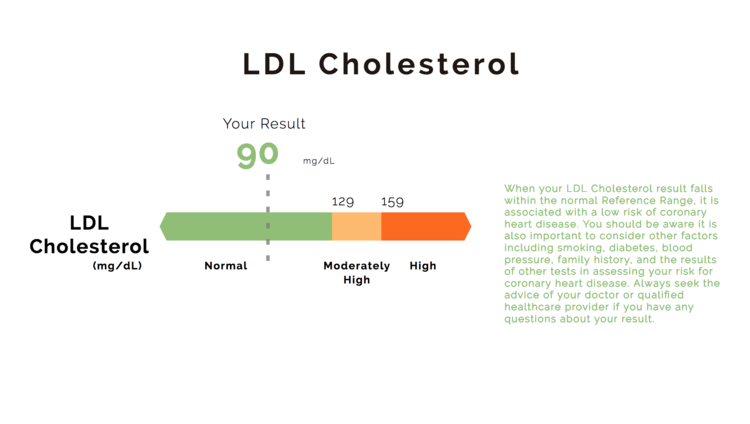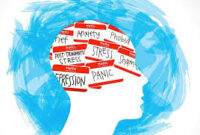LDL stands for Low-Density Lipoprotein. It’s a type of cholesterol-carrying particle in the blood. Cholesterol is a fatty substance that the body needs to build cells, but too much LDL cholesterol can build up in the walls of arteries, causing blockages and increasing the risk of heart disease and stroke.
Here’s a breakdown of LDL:
- Role: LDL carries cholesterol from the liver (where it’s made) to cells throughout the body. However, when there’s an excess of LDL or if it remains in the bloodstream too long, it can deposit cholesterol on artery walls, leading to plaque formation.
- “Bad” Cholesterol: LDL is often termed “bad” cholesterol because high levels can contribute to atherosclerosis (narrowing of arteries due to plaque buildup) and cardiovascular issues.
- Measurement: LDL cholesterol levels are measured in milligrams per deciliter (mg/dL) in a lipid panel blood test. Healthy LDL levels are generally below 100 mg/dL, but this can vary depending on individual health factors.
- Factors Affecting LDL Levels: Diet high in saturated and trans fats, lack of exercise, obesity, smoking, and genetics can impact LDL levels.

Lowering LDL (low-density lipoprotein)
cholesterol is crucial for heart health. Here are some tips:
- Healthy Diet: Focus on a diet rich in fruits, vegetables, whole grains, and lean proteins. Reduce saturated and trans fats found in fried and processed foods. Increase intake of foods high in soluble fiber like oats, beans, and certain fruits.
- Healthy Fats: Incorporate unsaturated fats from sources like olive oil, avocados, nuts, and seeds. Omega-3 fatty acids found in fish like salmon and mackerel can also help.
- Exercise: Regular physical activity can increase HDL (high-density lipoprotein) cholesterol, which helps transport LDL away from the arteries. Aim for at least 150 minutes of moderate-intensity exercise per week.
- Quit Smoking: Smoking lowers HDL cholesterol levels and damages blood vessels, making it harder for the body to remove LDL cholesterol from the bloodstream.
- Limit Alcohol: Excessive alcohol can increase triglycerides and lead to higher LDL levels. Moderation is key.
- Medication: In some cases, medication like statins may be prescribed by a doctor to lower cholesterol when lifestyle changes aren’t enough or in high-risk situations.
Always consult a healthcare professional before making significant changes to your diet or lifestyle, especially if you have underlying health conditions or are on medication. They can provide personalized guidance and recommendations.






